Risk of Venous Thromboembolism (VTE)
| Lifestyle Factors | Current Medical Status | Medical History |
|---|---|---|
| Increasing age | Increasing COC use | Personal/Family history of VTE |
| Smoking | Pregnancy/Postpartum | Inherited blood clotting disorders |
| Obesity | Major surgery | Cancer |
| Immobilisation & High Altitude | Major trauma | Other medical conditions associated with VTE |
- The risk of VTE is highest in first year of Combined Hormonal Contraceptive use.1,2
- The risk of VTE is increased when a Combined Hormonal Contraceptive is re-started after a break in use of 4 weeks or more.1,2
- Combined hormonal contraceptives that contain levonorgestrel, norgestimate or norethisterone are associated with the lowest risk of VTE.1,2 Zoely may have a risk of VTE in the same range as observed with combined hormonal contraceptives containing levonorgestrel.3
References:
- Faculty of Sexual & Reproductive Healthcare Statement Venous Thromboembolism (VTE) and Hormonal Contraception November 2014
- European Medicines Agency Benefits of combined hormonal contraceptives (CHCs) continue to outweigh risks – CHMP endorses PRAC recommendation November 2013 EMA/709120/2013
- Zoely® SPC Available at www.medicines.ie


